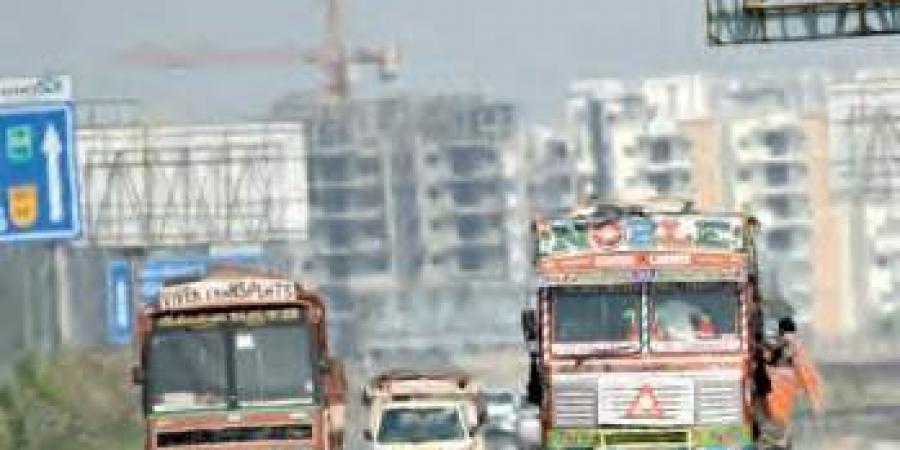News
We will not buy new trucks this year: AITWA
NEW DELHI: The lockdown may be easing, with industries cranking up operations, but little has changed for India’s nearly 1 crore-strong fleet of trucks. With nearly 70 per cent of demand still out of the picture and little relief materialising from the government, some truckers’ associations have even advised members to avoid buying new vehicles until next summer.
“Till now, there is no stimulus from the government to support our industry. We need to be self-reliant, as suggested by our Prime Minister,” wrote the All India Transporters Welfare Association’s (AITWA) national president Mahendra Arya and chairman Pradeep Singhal in a letter to the industry last week.
With demand unlikely to return to normal anytime soon, Arya and Singhal warned that excess capacity of unused trucks would “become too high” and purchasing new trucks would lead to a “bloodbath”.
“Thus, our advisory is to consciously decide not to purchase any new trucks for at least the full year of 2020-21. This will ensure that we help in utilising trucks already on the roads, mostly owned by single truck owners. We strongly feel, for our trade to survive, the fresh supply of trucks needs to be stalled,” it wrote. This #NoTruckForMe campaign, AITWA said, would be their “mantra for self reliance”.
Apart from highlighting the dire straits the road transport sector is in, truckers putting off purchases may be disastrous for the automobile sector. “There isn’t much hope for commercial vehicle sales in the near future. There is unlikely to be even normal replacement demand with so much excess capacity,” said a senior sales executive at a major CV maker.
Demand still depressed
This excess capacity is a direct factor of depressed demand. According to S P Singh, senior fellow, Indian Foundation of Transport Research and Training (IFTRT), road freight activity has seen no major recovery even after the lockdown restrictions were eased—still stuck at 25-30 per cent of normal.
“During the lockdown, only agriculture and essential services-related segments were functioning. Even though others have begun operating now, many are only doing so at 15-20 per cent capacity,” Singh said.
There were around 1.05 crore goods vehicles in India as of 2016. Around 60 per cent of demand for this fleet comes from the manufacturing sector, and another 10-15 per cent from infrastructure andexport-related activity—all vulnerable to lockdowns and the looming recession.With the Rabi procurement coming to a close, Singh says related road freight demand may also fall. “When there is so much capacity lying idle already, who will be in a position to buy?” asked Naveen Kumar Gupta, secretary general, All India Motor Transport Congress (AIMTC).
Need urgent relief measures
The transport sector has been disappointed with the relief package unveiled by the Centre, noting that focus has largely been on the supply side, while the crisis is a lack of demand, say industry officialss
According to the AIMTC, a minimum rescue package is the need of the hour. In a letter sent to the Prime Minister and the Union Ministers of Finance, Road Transport, Home Affairs, the union said that small operators account for more than 85 per cent of the segment and will need urgent relief to be able to meet their regulatory compliances even after normalcy is restored.“They need to earn first to be able to pay up,” wrote AIMTC president Kultaran Singh Atwal and chairman S K Mittal.
Among the measures sought is a tax holiday for state levies, which have to be paid upfront, and extending the validity of existing insurance policies for the current financial year 2020-21. Atwal and Mittal also asked for soft collateral-free loans and suspension of TDS deductions for truckers.for measures that will give the sector some breathing space,” said AIMTC secretary general Gupta, noting that both insurance and statutory levies are substantial costs for truck owners.
